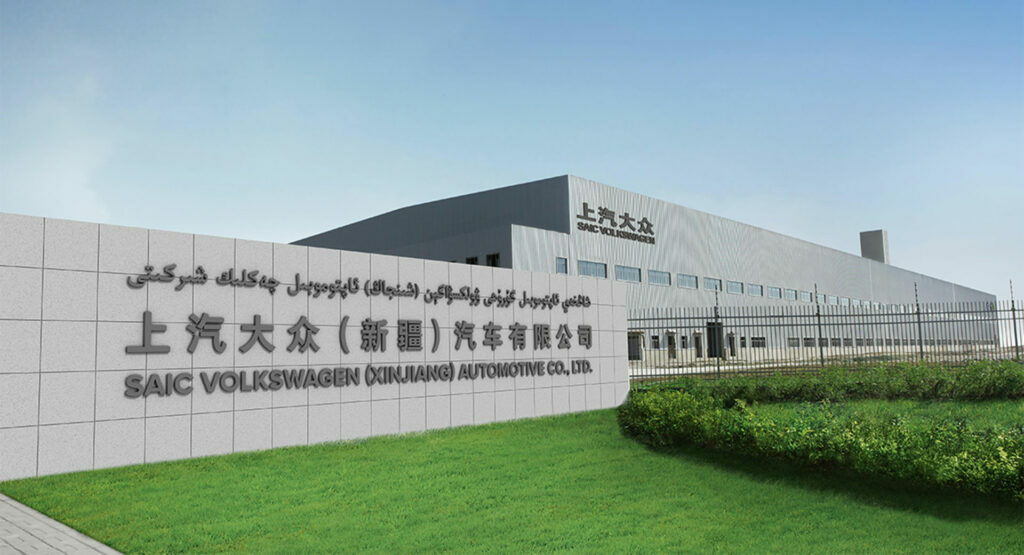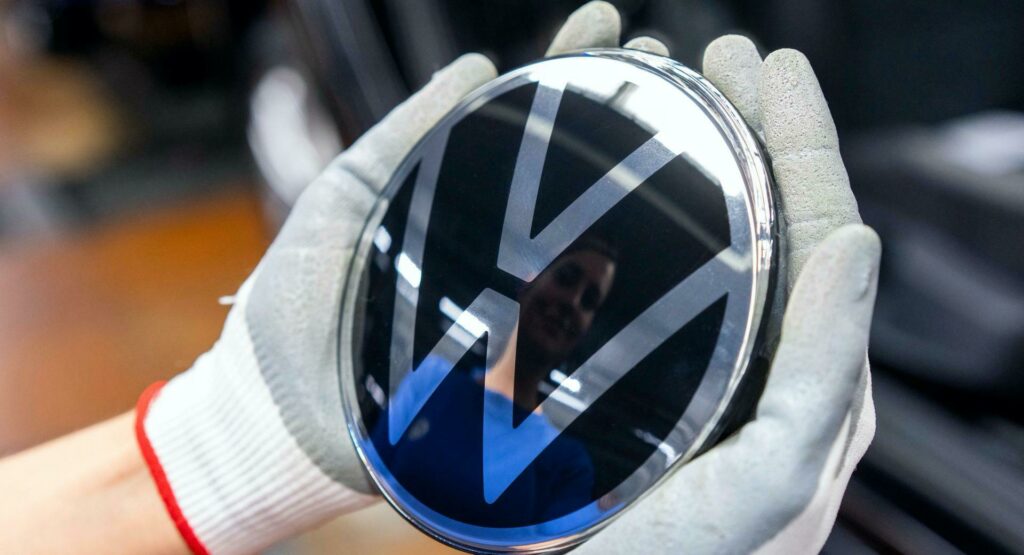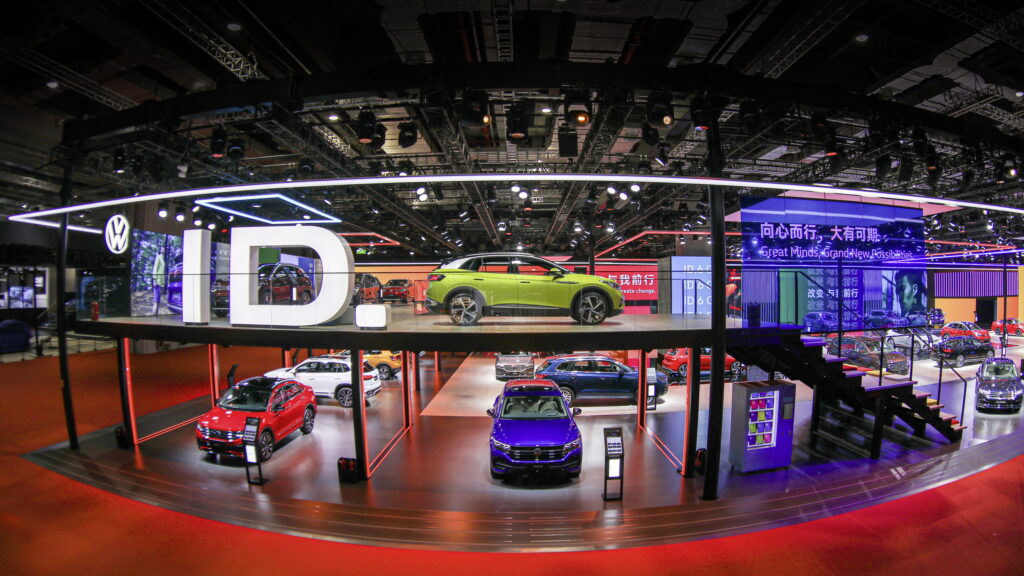Volkswagen is facing increased pressure to abandon its joint venture partnership with SAIC in China’s Xinjiang region after a new report indicated its facilities in the area directly tie it to forced labor.
On Thursday, the German car manufacturer revealed it was holding several thousand models in U.S. ports after it found a small electrical component used in them breached anti-forced labor laws. Prior to this, Adrian Zenz, the director of China studies at the Victims of Communism Memorial Foundation in Washington, stated that “new evidence directly implicates Volkswagen” in forced labor.
More: Thousands Of Porsche, Bentley, Audi Cars Seized In US Over Banned Chinese Part
He cited documents and photographs showing a subcontractor that built a test track “employed transferred Uyghur surplus laborers during the peak of the mass interments in 2017 and 2018.”

The Wall Street Journal says VW has not disputed the allegations, but claims it has found no evidence of abuse, noting that it is pushing SAIC for answers. In December, Volkswagen said an internal audit had found no evidence of forced labor at the Xinjing factory which no longer produces cars but does provide quality control and technical services.
VW told the newspaper that it is in discussions with SAIC “regarding the future direction of the joint venture’s business activities in Xinjiang Province. Various scenarios are currently being examined intensively.”
Last year, Germany urged local companies to cut their exposure to China, and in a recent poll, 44% of German companies said they had moved to insulate their Chinese businesses from outside risks by taking measures including integrating their supply chains. This push forms part of Germany’s aim to reduce its exposure to China which accounted for 10.3% of all of its foreign direct investments last year, a huge increase from the 3% average between 2018 and 2020.
“I have been saying for months that companies importing cars into the United States need to know the origin of every component in the vehicle,” head of the Senate Finance Committee Sen. Ron Wyden told WSJ. “I’m deeply concerned that some automakers are not doing enough to ensure that their sub-suppliers do not make parts using forced labor.”
Following the fresh allegation of VW being involved in forced labor, the head of one of Germany’s largest public investment funds, Union Investment, said the carmaker “is now no longer investable for our sustainable public funds.”




